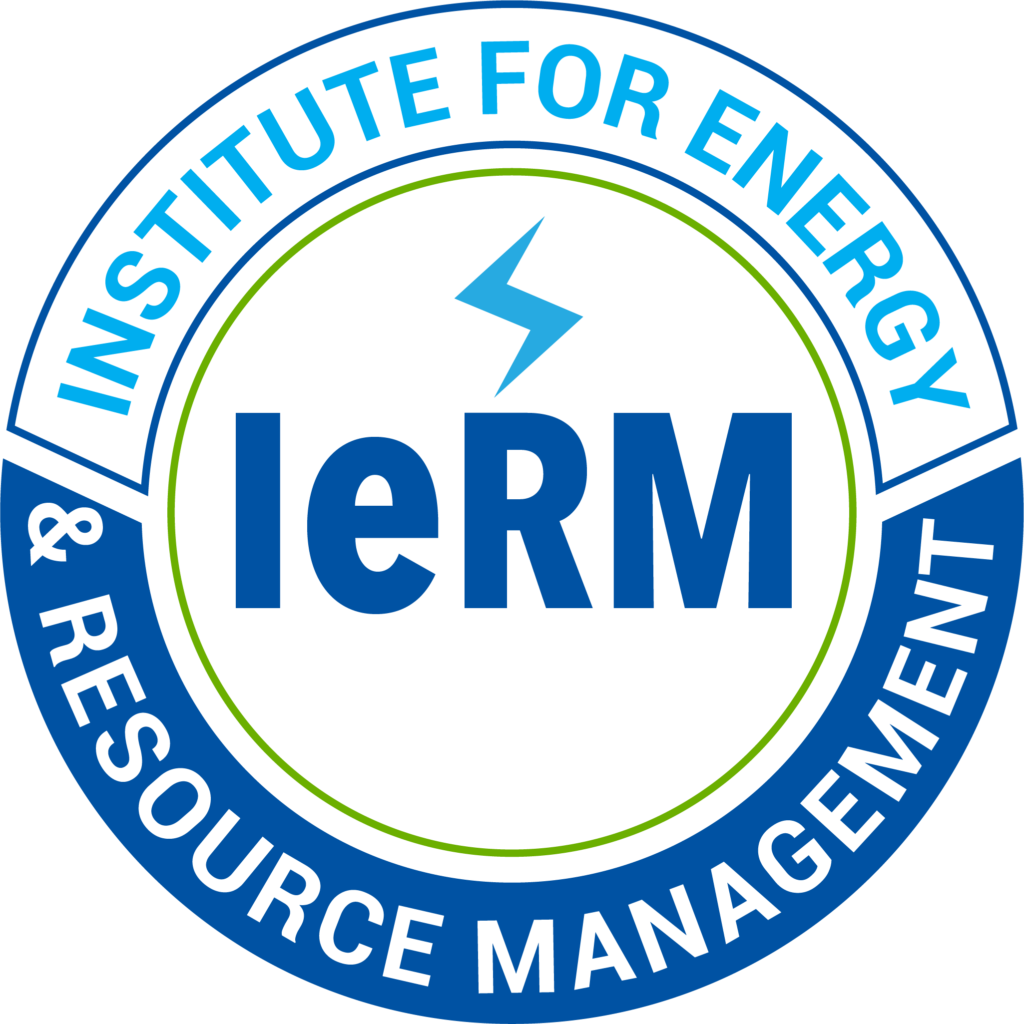– The EPA has stated it believes estimates of methane emissions from landfills may be twice as high as models indicate. While the landfill industry might disagree, numerous field studies have found that methane emissions are actually much higher than estimated. A 2016 study by Germany’s Institute for Energy and Environmental Research identified that landfill operators’ claims of methane recovery left out substantial amounts of emissions.
-Waste management companies are no longer just local contractors and the largest landfill operators are now national publicly traded companies. Substantial sums have been spent at the federal and state level by the waste management industry to influence the development and implementation of regulations. It is clear that waste companies have a vested interest in maintaining the status quo, and are willing to spend to do so.
-As more and more people come to realize the urgency of the climate crisis and the need for real and significant action, the U.S. must follow suit. As European Union Commission President Ursula von der Leyen said before the opening of the COP26 conference in Glasgow, now comes the “moment of truth” that will affect the “survival of mankind.”




